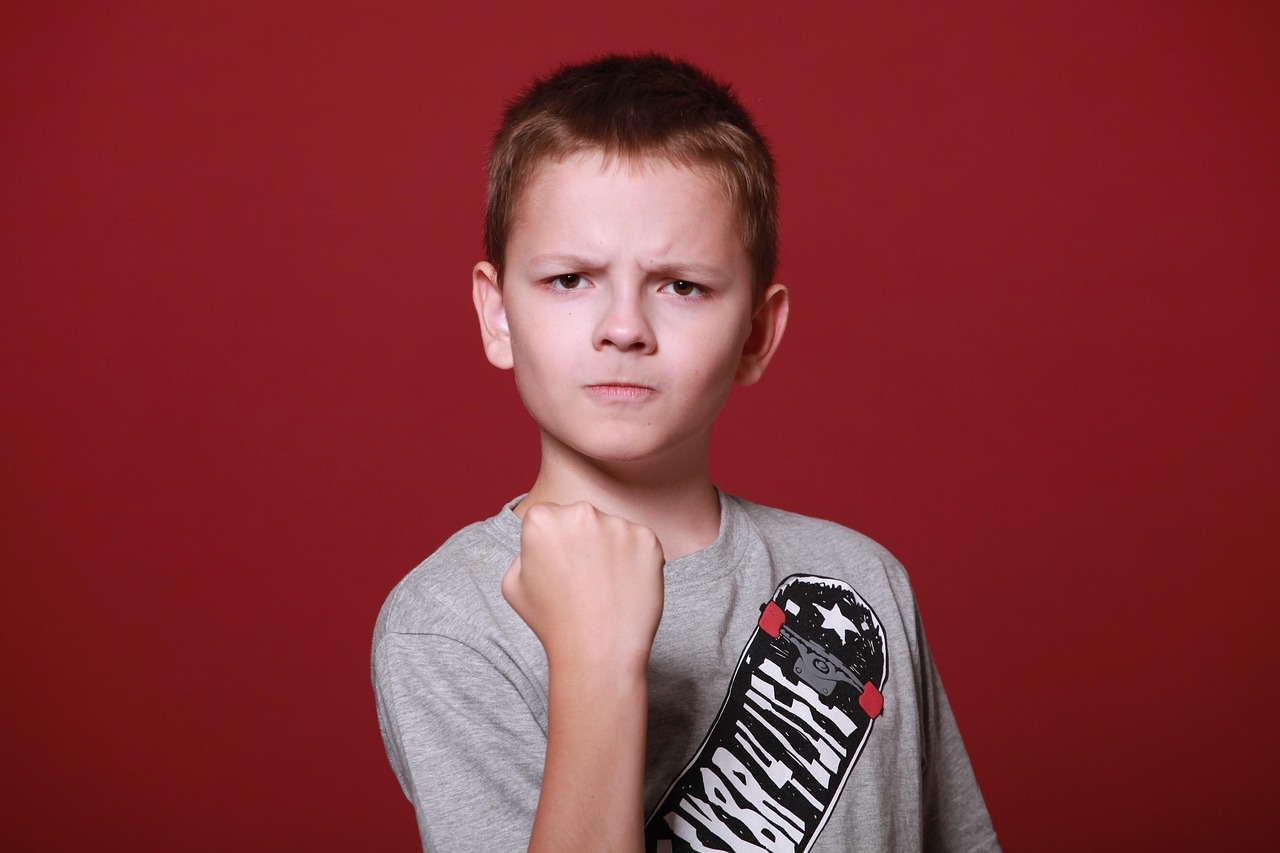There is an overwhelming preference for positive emotional states and individuals’ pursuit of it, that little attention has been dedicated to the advantages of experiencing negative emotions. Even in research that explores the effects of anger, they are done mostly to identify its advantages in social settings, such as its influence on others to help the angry person. However, Lench and colleagues (2023). focused closely on anger’s impact on people’s goals in non-social contexts. They studied participants’ goal attainments with solving difficult puzzles, attaining prizes, and avoiding obstacles in video games to see if anger increased their likelihood to succeed.
To test their hypothesis, the researchers conducted several studies examining the effects of anger on a range of tasks and behaviors. The majority of the studies recruited undergraduate students as participants and they used experimental manipulations to induce specific emotions in the participants; the researchers did so by showing them images from the International Affective Picture System (IAPS), a standardized set of pictures designed to evoke a range of emotional responses. The studies employed a variety of behavioral tasks to assess the impact of anger on goal attainment, including puzzle-solving, where participants were asked to solve anagrams or mathematical puzzles, and video game performance, where they played a skiing video game that involved avoiding obstacles.
The researchers then observed the participants’ success in achieving the goal of the task (i.e. the number of puzzles solved correctly, scores on a video game, etc.), persistence (i.e. how much time spent working on the task or the number of attempts made), cheating behavior (i.e. whether participants cheated on a difficult task to improve their chances of winning prizes), and reaction time.
What they found across the studies is that participants in the anger condition performed better on challenging tasks compared to those in neutral or other emotion conditions. This included solving more puzzles, scoring higher on video games, and having faster reaction times. They also found that anger led to greater persistence on challenging tasks; participants in the anger condition spent more time working on difficult puzzles and were more likely to want to redo a challenging task to improve their scores. This effect was observed even when compared to a physiological arousal condition, suggesting that the motivational power of anger goes beyond mere physical activation. Importantly, the benefits of anger were primarily observed in situations where there were obstacles to overcome; when tasks were relatively easy, anger did not lead to significant improvements in performance.
Educators could consider incorporating this understanding into their teaching practices. For example, rather than simply discouraging or punishing expressions of anger, educators could help students recognize anger as a signal that a goal is being blocked and guide them in channeling that anger into constructive problem-solving strategies. This could involve teaching students techniques for managing their anger, such as taking breaks, reframing situations, and seeking support when needed.
For EPIC, future studies could explore how individuals' emotional responses to failure, particularly anger, influence their subsequent motivation and persistence on tasks. For instance, researchers could examine whether individuals who experience anger following a failure are more likely to engage in adaptive behaviors, such as seeking feedback, developing new strategies, or increasing effort on subsequent attempts. This research could contribute to a better understanding of the complex interplay between emotion, failure, and motivation.
For a deeper look at Lench and colleagues’ (2023) study, visit https://www.apa.org/pubs/journals/releases/psp-pspa0000350.pdf for the full journal article.
This post is written by Zainah Elsaid.
Reference:
Lench, H. C., Reed, N. T., George, T., Kaiser, K. A., & North, S. G. (2024). Anger has benefits for attaining goals. Journal of personality and social psychology, 126(4), 587–602. https://doi.org/10.1037/pspa0000350

